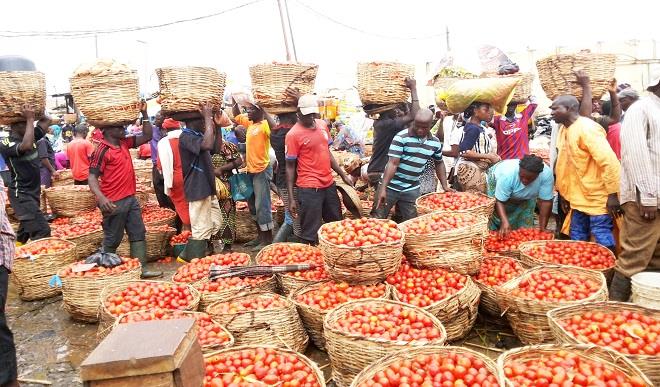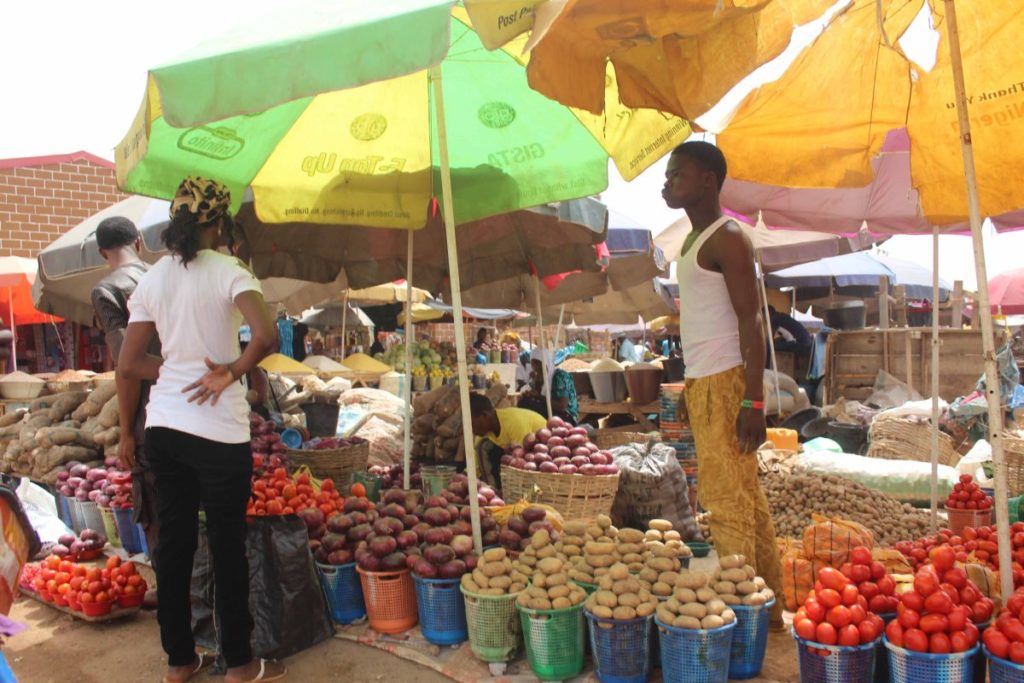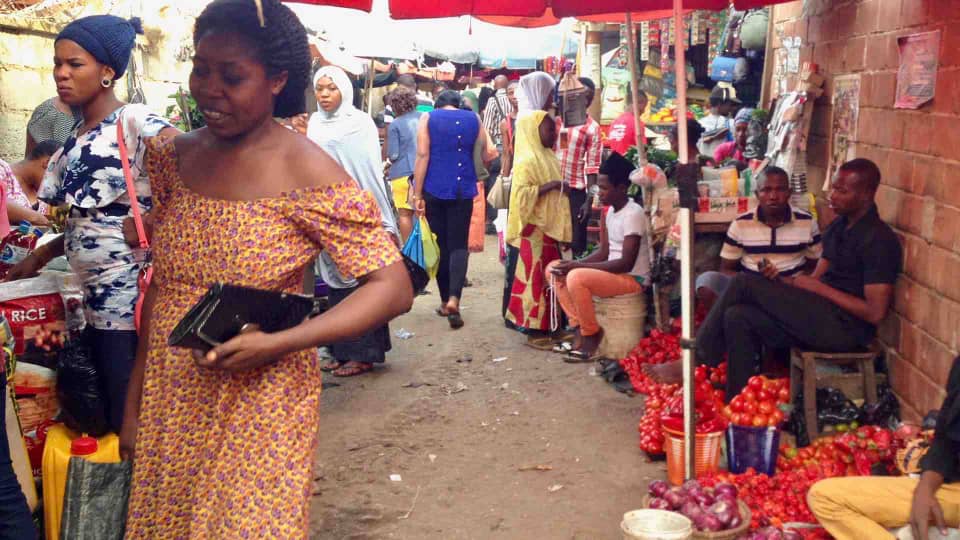Customers who appear in the markets and other service centres with cash are entitled to unprecedented discount in all purchases and several other services in Abuja, and perhaps, other parts of Nigeria, as against the claims of otherwise in cost of items in the market.
This is because the traders now consider rare cash sales as the best option for them, hence they go all out to satisfy the customer and even make unrealistic discounts as long as the customer will pay for the goods or services in cash.
Outside the markets, it has also been observed that other service providers, notably, taxi drivers, food vendors, commercial motorcyclists and even commercial sex workers, and other kinds of small businesses, have slashed cost of their services for any customer who presents cash.
Since the implementation of new naira policy begun in February, 2023, there has been scarcity of naira notes, and traders and several other small businesses have been hit with poor sales and inability to make successful business transactions with their suppliers because of cash crunch.
Some of the traders, obviously, never saw the cash crunch coming, neither did they prepare for online banking and payment system, hence they were taken unaware with the cash policy of the Central Bank of Nigeria (CBN).
The traders said they have been faced with unprecedented frustrations as a result of the currency policy, and that has affected their businesses negatively.
They lamented the situation where they “buy” naira notes with naira at a high cost, in addition to the cases of fake bank transfer alerts and incomplete electronic transactions has also been on the rise.
Some Point of Sales (PoS) operators have also taken advantage of the situation to make brisk gains on cash transactions and even transfers in many cases, while customers lament of extra and unbudgeted financial spendings as a result of high charges.

Susan Adewole, a trader in Wuse market, said the issues of cash crunch has negatively affected businesses and livelihood in the market as could be seen in the frustrations and lamentations of traders and customers.
She said: “When we talk of this policy, I don’t know how to describe it because it is affecting everybody, both the buyers and the sellers. It has made life unbearable for all of us. The other day I refused to collect bank transfer but what did I get at the end of the day? No sales. Now that I have made sales and collected payment through the bank transfer, my shop is empty but nowhere to get cash to restock the shop.
“I have decided to sell my items on a high discounted rate if a customer present cash. With cash I sell cheaper because it saves me a lot of stress and worries. Now, I am in the middle of nowhere because even as I am ready to buy, there is no cash anywhere and even if you see small one, you will be expected to pay 20 or 30 per cent as charges.”
A food vendor who identified herself as Bose, said she has been having leftover foods for days now because she refused to accept the option of bank transfer. She said that aside the fact that her bank account is having issues, selling on transfer basis would involve a lot of stress for her.
“All I hear from customer now is I don’t have cash, will you accept transfer? I have been rejecting transfer because I don’t know where I will cash it even if my account is okay. Now, you use N20,000 and in some cases above, to buy N100,000. What then is my profit. I pity those accepting it and are selling this our kind of things. It’s frustrating that you have to hustle to sell and hustle to buy your own money before you can use it.
“If they said we should go digital and the transfer is fast and the cash is available, there won’t be problem. But with what we have on ground now, there is serious problem and if the government don’t do anything soon, there may be crisis soon.
“Most civil servants can no longer go to their places of work because of cash for transportation. The transfer is failing everybody as I hear lots of people complain even though I am not even using it.”
Israel Ayaku, who deals on food stuffs at Dutse Alhaji market, Abuja, said the frustration is increasing by the day with little or no improvement effort from the government or people who should or expected to act.
He appealed to the Federal Government to try and increase cash in circulation to enable small businesses to survive. “I don’t like the transfer or this POS payment thing because I am forced to use my money to buy my money before I can be able to use it.”

A business women in Utako, Abuja, who prefers anonymity, said she prefers cash to transfer despite acquiring POS . She said that after adding money to any transfer sale, they still don’t make profit compared to cash sales because they had to buy cash from other traders before going to the market to buy goods.
She said: “This cashless policy is really crippling our businesses. It is better you sell a commodity for N300 in cash instead of selling it for N500 with transfer.
“Since this transfer thing started, I have lost lots of money that were debited from my bank account without been received by the customers. In some cases, customers make transfer that I never received the alert since the past two weeks. As it is today, I can sell everything for transfer but for few items like garri. You must bring cash to buy it.
“The last time I went to the village market to buy goods, I bought N80,000 for N 100,000 after a lot of stress and pleading. I have to buy money before going to buy goods because most of these rural traders don’t have bank accounts, and even those that have are refusing the transfer option because to them, after selling with transfer there is nowhere to withdraw their money for other activities.
“As I speak to you, I no longer have goods in my shop but what is keeping me now is where to get money, that is cash, to travel to restock my shop again.”
Meanwhile, commercial sex worker based in Karimo, Abuja, who pleaded anonymity, said the cost of their services has also gone down significantly on the condition that the customer must appear with cash.
“We can open for you once you appear with cash. This is because if we insist on collecting our normal amount, it won’t be gainful because we would end up spending larger percentage of it at POS as charges before we access cash for use. Besides, the cash is nowhere to be found,” she said.
Similarly, commercial taxi drivers also said they prefer cash because most fuel stations insist on cash, and that if they are collecting transfer there must additional money as charges.

